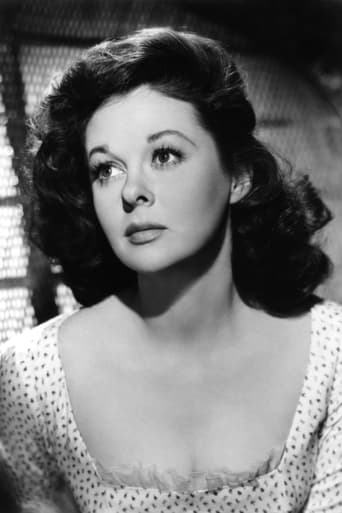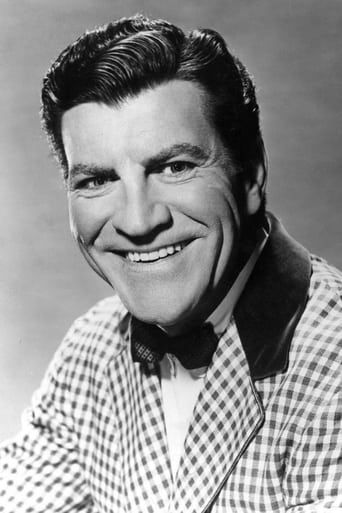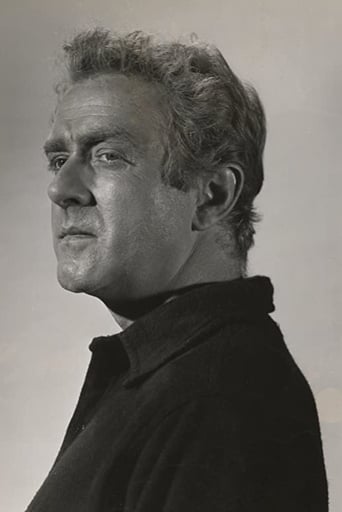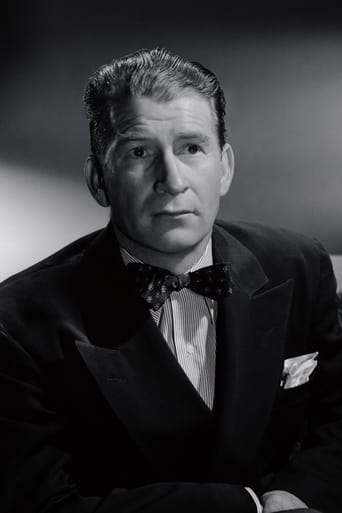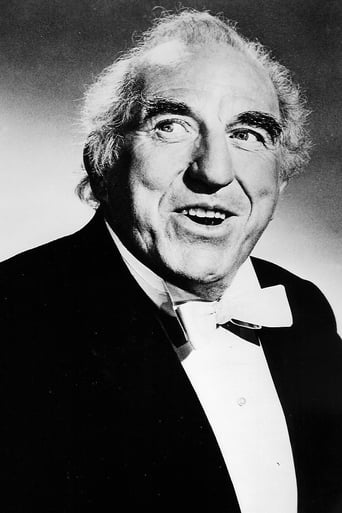Cathardincu
Surprisingly incoherent and boring
SunnyHello
Nice effects though.
ThedevilChoose
When a movie has you begging for it to end not even half way through it's pure crap. We've all seen this movie and this characters millions of times, nothing new in it. Don't waste your time.
Nayan Gough
A great movie, one of the best of this year. There was a bit of confusion at one point in the plot, but nothing serious.
arfdawg-1
The Plot: It's Tulsa, Oklahoma at the start of the oil boom and Cherokee Lansing's rancher father is killed in a fight with the Tanner Oil Company. Cherokee plans revenge by bringing in her own wells with the help of oil expert Brad Brady and childhood friend Jim Redbird. When the oil and the money start gushing in, both Brad and Jim want to protect the land but Cherokee has different ideas. What started out as revenge for her father's death has turned into an obsession for wealth and power.This is a very dated movie. I mean there's a guy riding horseback in a suit! It was interesting to me to see Chill Wills from the 40s. I know him from his 60s and 70s Westerns when he was a craggy old son of a gun.The movie is rather slow and the topic is not really explored in a smart or effective way. It's not that it's a bad movie, it's just rather trivial.After a while you just kinda space out because it's not all that compelling.
grizzledgeezer
...and that's fine by me! Most films about ecology have been cheap exploitation (eg, "Frogs"). This one is not. It's a moderately serious story about the need to use natural resources wisely. There's no question this is the reason the film was made. The script's seemingly accurate details suggest that someone did a lot of research about the oil industry."Tulsa" is also a good example of the principle that you can't tell stories about ideas, only people. Though exaggerated, the characterizations aren't too overdrawn, and we're willing to believe that Susan Hayward's character discards her principles in favor or money. (This is human nature -- unfortunately.) Similarly, Tanner //does not// change his beliefs at the end.Hayworth's performance is better-than-competent, and Robert Preston does a great job imitating Clark Gable. (Note the scene where the fully clothed Hayworth kisses Preston, dropping a gown she's holding, to suggest you-know what. It's a fine example of directors circumventing the Code.) The actors playing Indians at least //look like// Indians, rather than spray-painted whites.Though 65 years old, "Tulsa" has hardly dated. The issues at its center have still not been resolved -- nor have human beings developed better values.
dougdoepke
No need to repeat the plot. Darn few actresses can dominate a "man's picture" like Tulsa the way Susan Hayward does. What an exceptional combination of beauty and boldness she was. The production values of this non-studio project are unusually well targeted. Without them, the movie would be little more than a good programmer instead of the sleeper it is. Credit those values (special effects, location shooting, etc.) to producer Walter Wanger, who proved he had an eye for quality material, both big budget and small, e.g. Invasion of the Body Snatchers (1956). Credit too, under-rated director Stuart Heisler with a sense of pacing and an ability to redeem difficult material with intelligent touches, e.g. Beachhead (1954), Storm Warning (1951), etc.I especially like the nightmare montage of Redbird's (Armendariz) after he's set fire to the wells. Up to that point, the derricks have been portrayed as stately umbilical cords of wealth and progress, the life's blood of the city and state. So it's a surprise to see them suddenly depicted as hulking black monsters threatening everything around them. Contrast that dark depiction with the uncritically sunny, yet thematically similar, mega-hit Giant (1956). It doesn't take much extrapolation to update Redbird's vision to the oil-based crisis of today; at the same time, the values that evolve among the movie's characters show a surprising sensitivity to the need for a sustainable environment.I also like the way Indian Charlie Lightfoot (Yowlatchie) is shown as excelling at white man ways by becoming a shrewd businessman. Too often Hollywood portrayed Indians at extremes, either as bloodthirsty savages or as noble primitives, but rarely as 3-dimensional human beings. The screenplay may pander at times, especially with Pinky (Wills), but it's also unusually well-rounded for its period. I guess my only reservation is with the splendid special effects. Those burning oil fields are just so incredibly hot, it's impossible to see Brady (Preston) enter the inferno with little more than a squirt of water. Nonetheless, in my little book, the movie is a definite sleeper. True, as the lovelorn outsider, Pedro Armendariz is no quirky James Dean. Yet, despite its relative obscurity, Tulsa is as well-acted and carries as much depth as its sprawling, better-known counterpart, Giant.
whpratt1
This film took me by complete surprise with great acting by veteran actors, Susan Hayward, (Cherokee Lansing) and Robert Preston, (Brad Brady). The film starts out with Cherokee and her father who raise cattle on their ranches in Tulsa, Oklahoma and one day they find all their cattle dying along a stream of water and as they smell the water, they realize the oil refining business was contaminating the soil and killing the cattle. Cherokee goes with her father to tell them about what their oil business is doing to their cattle and while they are talking, an oil structure struck oil and a large part of a building fell on her father and killed him. It was from this point in the film when Cherokee Lansing decided to get revenge for her father's death and declares war on the oil men and their owners. There is plenty of action and even some romance. There is great photography of a fire burning through an oil field and people risking their lives in order to save their oil fields and friends and family.
